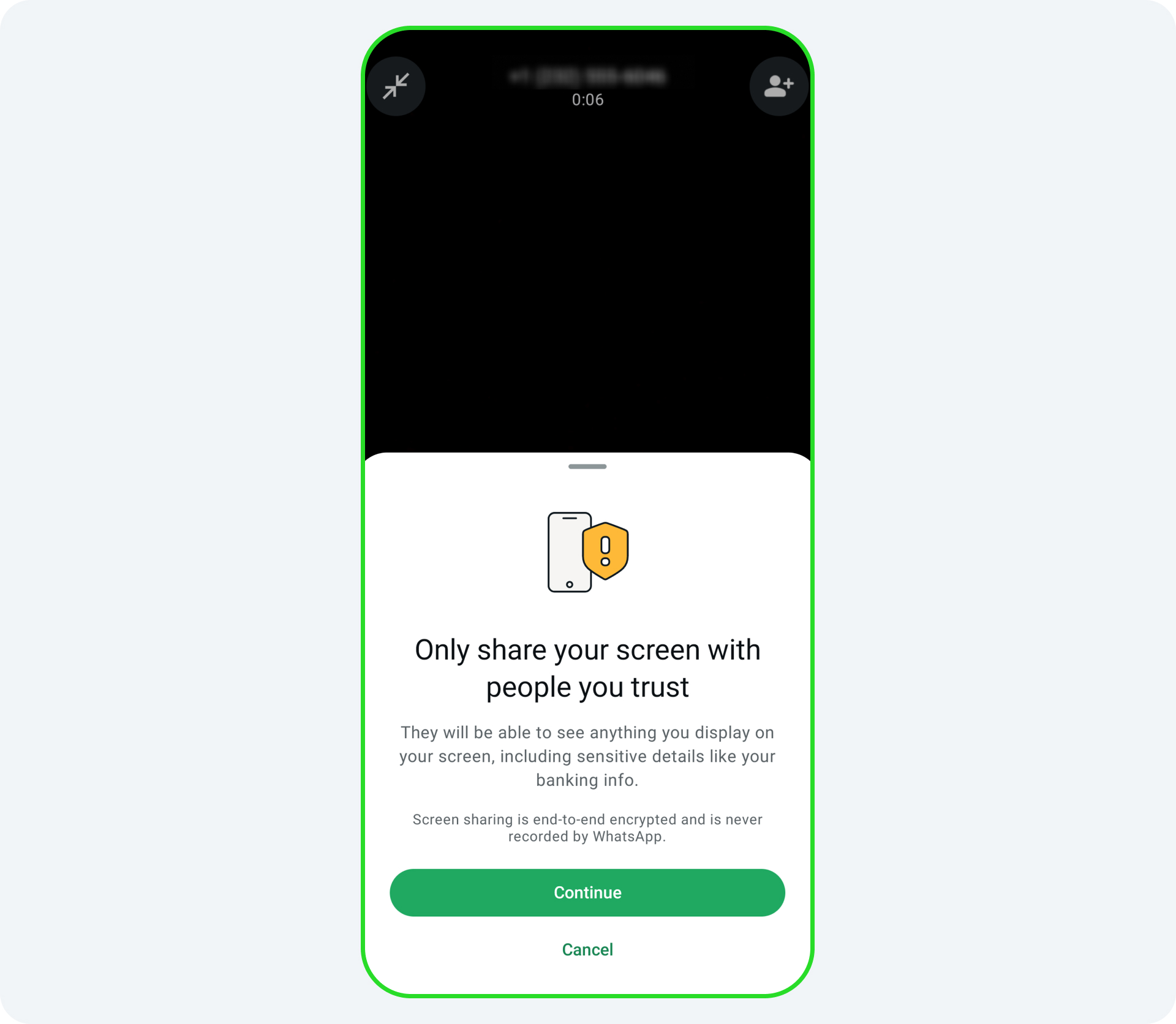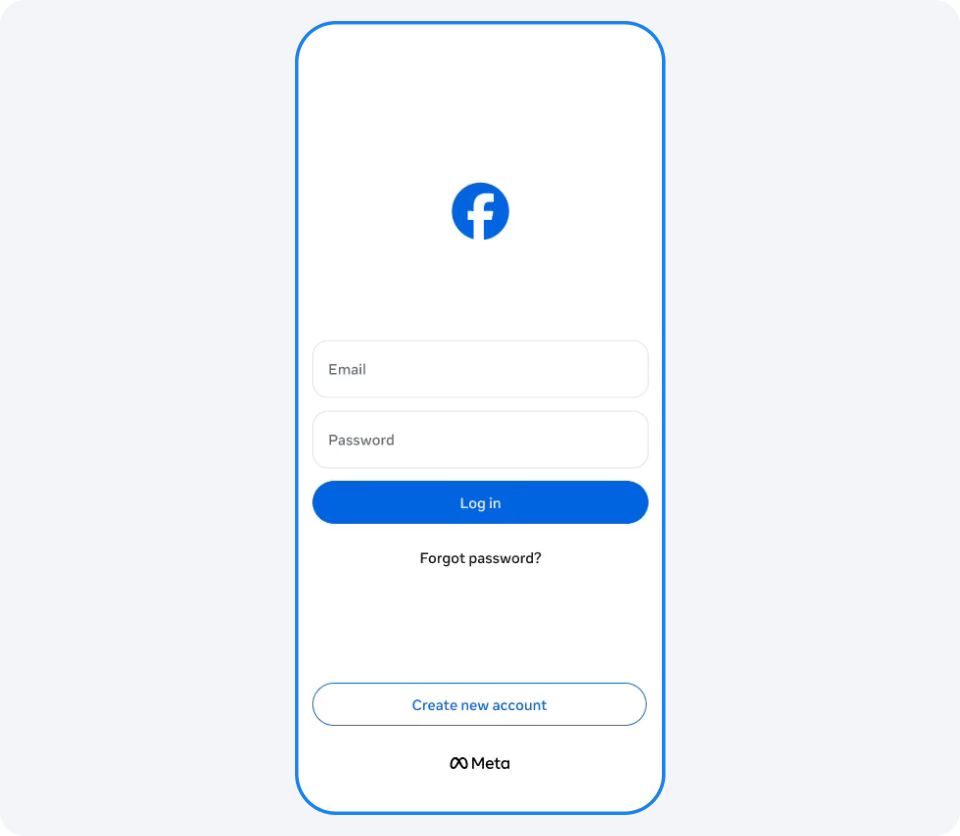Meta announced innovative tools on Tuesday to shield users of Messenger and WhatsApp from scammers. The updates, revealed during Cybersecurity Awareness Month, aim to detect suspicious activity in real-time and empower users with better account protections.
This comes as scammers increasingly target vulnerable groups, including older adults, through messaging apps and social platforms.
Since the start of 2025, Meta’s teams have disrupted nearly 8 million accounts linked to global scam centers operating from regions like Myanmar, Laos, Cambodia, the UAE, and the Philippines.
These networks exploit dating apps, social media, and crypto channels to deceive victims. The FBI’s 2024 Internet Crime Report highlighted the scale of the problem, noting that Americans over 60 lost $4.8 billion to fraud last year alone. Criminals often build trust to compromise accounts, then prey on contacts for further scams.
Enhanced detection features are key to Meta’s response. On WhatsApp, a new warning now alerts users when sharing their screen during video calls with unknown contacts, a common tactic scammers use to extract sensitive details like bank information or verification codes.

For Messenger, advanced AI-driven scam detection is in testing: it flags potentially fraudulent messages from new contacts, offers to review chats, and provides tips on blocking or reporting. Users receive details on common schemes and recommended actions if a scam is identified.

Meta is also promoting passkeys across Facebook, Messenger, and WhatsApp for seamless, biometric logins using fingerprints, faces, or PINs, reducing reliance on vulnerable passwords.
Security Checkup on Facebook and Instagram reviews settings and suggests updates, while WhatsApp’s Privacy Checkup helps users manage group invites and other privacy options.

Beyond tools, Meta shared scam trends uncovered with Graphika researchers. Watch for fake home remodeling or debt relief sites luring seniors with phony government benefits via ads on Facebook and Google.
Fraudulent “money recovery” services mimic the FBI’s IC3 site, while impostor customer support pages hijack brand comments to push refunds through DMs or forms.
To stay safe, Meta advises caution with unsolicited messages never share personal or financial data and verifying issues through official channels.
Families can assist by discussing red flags like urgency or secrecy, and resources from AARP’s Fraud Watch Network or the FTC offer reporting options.
Meta is deepening collaborations, joining the National Elder Fraud Coordination Center alongside AARP, Amazon, Google, and others to tackle elder fraud through shared intelligence and investigations.
As part of the Tech Against Scams Coalition, it recently dismantled scam-linked Facebook Groups with Match Group. Globally, initiatives include training Thai seniors on digital literacy and awareness campaigns in Europe and India featuring local creators.
These efforts underscore Meta’s commitment to evolving defenses against cross-border threats, with ongoing updates to keep users ahead of scammers.
Follow us on Google News, LinkedIn, and X for daily cybersecurity updates. Contact us to feature your stories.



